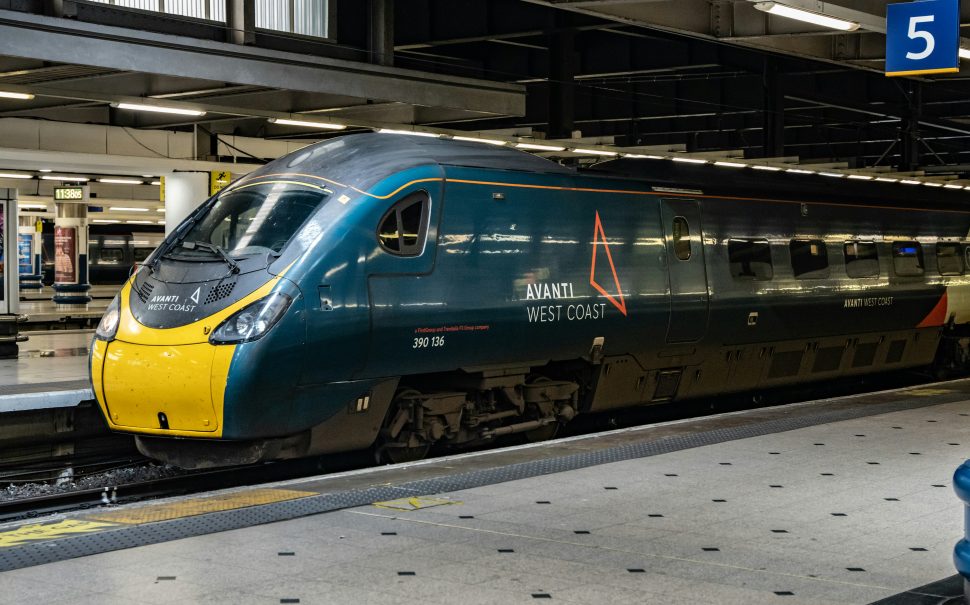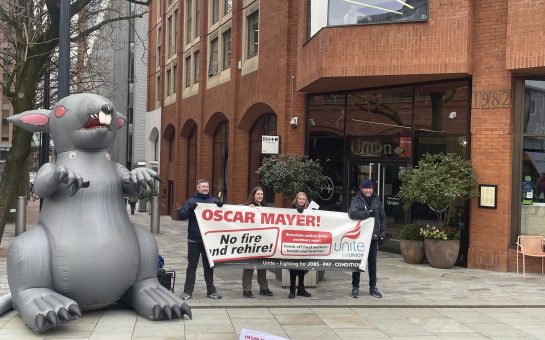Railway services will soon be nationalised after Parliament passed the Passenger Railways Services (Public Ownership) Bill yesterday.
The Government’s new ‘Great British Railways’ company will take over rail companies as their contracts expire to improve train performances.
The bill was introduced by Labour’s Department for Transport and ex-Transport Minister Louise Haigh.
Haigh resigned from her position yesterday after a fraud offence came to light, and Heidi Alexander has been named as her replacement – raising questions about the future of this bill.
Haigh labelled the bill “the biggest overhaul in more than 30 years” since Margaret Thatcher privatised rail services.
Haigh said: “Cancellations have soared to record levels, fares have risen almost twice as fast as wages, and taxpayers are paying through the teeth to prop up a failing system.”
Therefore, the purpose of the Bill is to reform rail services that are failing tax-payers and ensure “best-price guarantees”.
My department is moving fast and fixing things. This month we’ve delivered:
— Louise Haigh (@LouHaigh) November 21, 2024
✅Our landmark Rail Public Ownership Bill
✅A £1bn boost for buses to end the postcode lottery of services and keep fares affordable
✅Lower cancellations on key train lines
And much more… pic.twitter.com/jKEBaYxmNV
Avanti West Coast may be at risk of renationalisation after being heavily criticised for cancellations, delays, and poor service.
The i reported Avanti cancelling 26 trains a day in February 2024 leaving passengers stranded or forced onto overcrowded trains.
Avanti was previously awarded a controversial long-term contract by the Conservative government. This can be terminated from October 2026 but the company maintains it has not breached any terms of the contract.
Northern services were renationalised in 2020. TransPennine Express was brought into public ownership last year.
The Rail North Committee, chaired by Andy Burnham, consistently reviews Northern services due to poor performance, overcrowding, delays, and cancellations.
Haigh has emphasised that Northern services will experience “tangible impact” under new reforms to its reliability.
Other reforms include accepting tickets across services during disruptions, settling pay disputes, accelerating driver training and recruitment, and automatically refunding passengers for delays and cancellations.
The ex-Transport Minister additionally announced performance data will be displayed in stations to transparently hold rail services to account.
This Bill is one of the most socialist policies from a Labour government that has raised university fees, capped two child benefits, and cut winter fuel payments.
Union leaders have welcomed the bill, with the General Secretary of train drivers’ union ASLEF saying: “We are going to see the wheels and the steel put back together, an end to the failed fragmentation of our network, and a railway brought back into the public sector, where it belongs, to be run as a public service, not for private profit.”
Feature image: Winston Tjia on Unsplash




